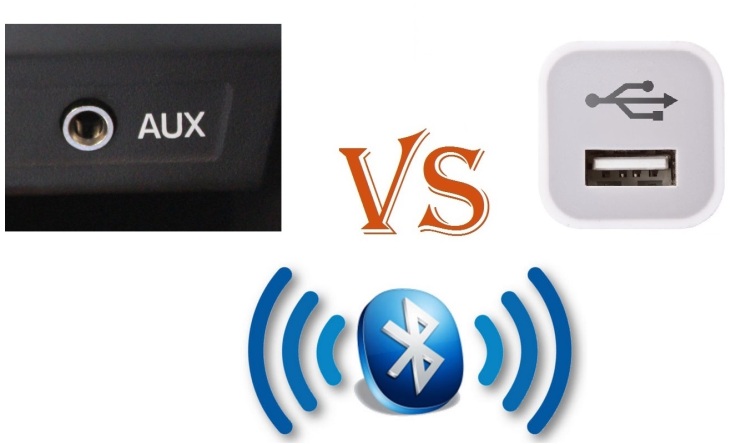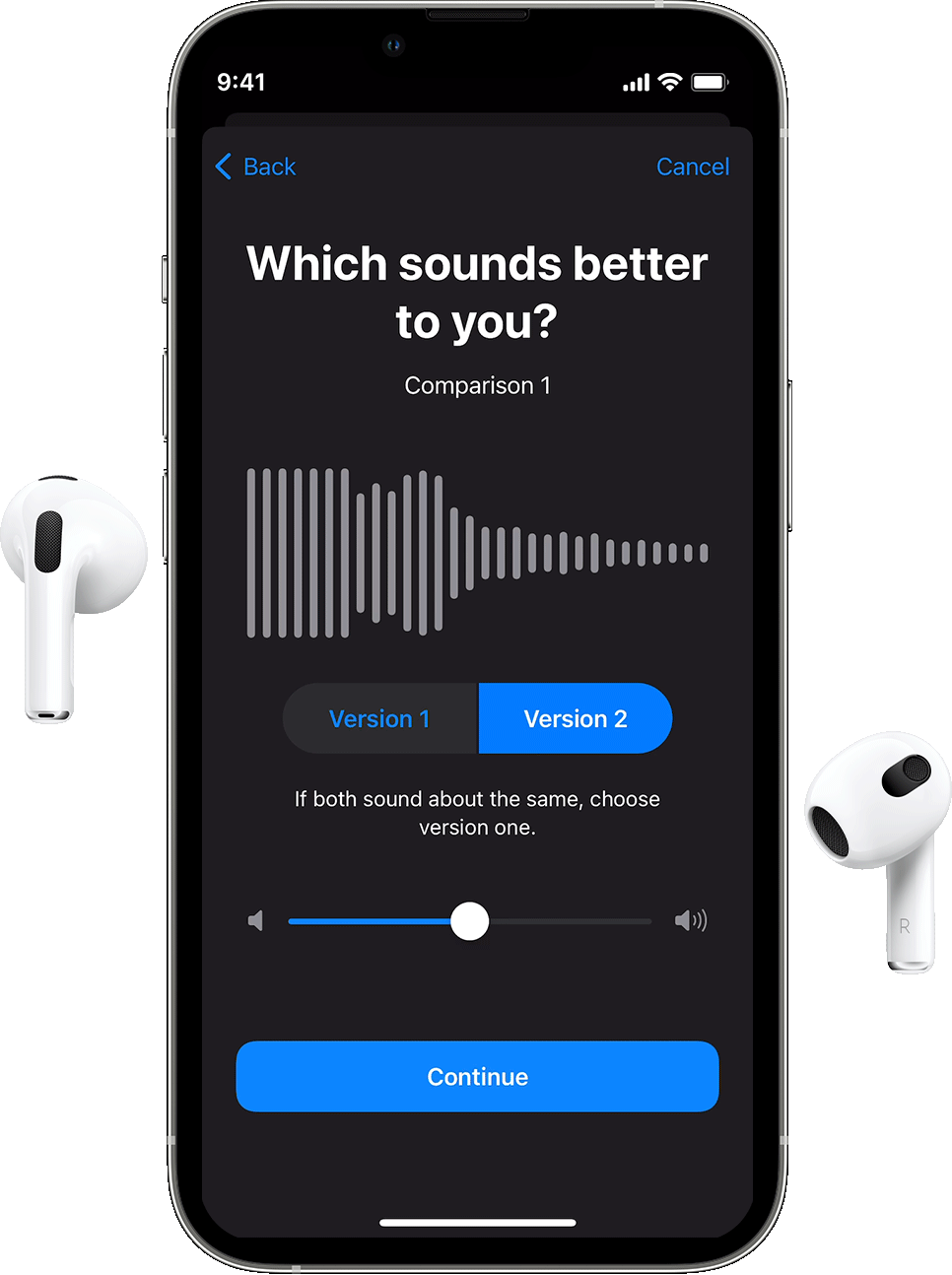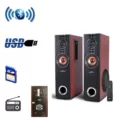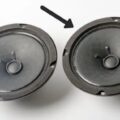When it comes to listening to music, there are a few ways to go about it. You can use wired headphones or speakers, or you can go wireless with Bluetooth. While both options have their pros and cons, we’re going to focus on the battle between Bluetooth and aux cables.
First, let’s talk about the sound quality. Aux cables are known for providing superior sound quality when compared to Bluetooth. This is because Bluetooth compresses the audio signal, which can result in a loss of quality. However, unless you’re an audiophile or have a particularly discerning ear, you might not notice much of a difference.
Another factor to consider is convenience. Aux cables are faster, universal, and wired, meaning you don’t need to pair or install a compatible device. You simply plug in the cable and you’re good to go. Bluetooth, on the other hand, requires pairing and can sometimes have connectivity issues.
That being said, Bluetooth does have its advantages. For one, it’s wireless, which means you can move around freely without worrying about getting tangled up in wires. It’s also more convenient if you’re using a device that doesn’t have an aux port, such as newer smartphones that have switched to USB-C or Lightning ports.
When it comes to sound quality, there are a few things to keep in mind. If an audio signal is already compressed in a certain codec, and the source device (such as your phone, tablet, or computer) and the “sink” device (such as a wireless speaker or headphones) both support that codec, Bluetooth transmits the encoded audio unaltered, so the sound is the same as you’d get without Bluetooth. However, if the audio is not already compressed, Bluetooth can result in a loss of quality due to the compression process.
Both Bluetooth and aux cables have their pros and cons when it comes to listening to music. Ultimately, it comes down to personal preference and what works best for your specific situation. Whether you prioritize sound quality or convenience, there are options available for every listener.

Comparing Aux and Bluetooth Technologies
When it comes to sound quality, aux cables are generally considered to be superior to Bluetooth. This is because aux cables transmit analog signals directly from the device to the speakers or headphones, while Bluetooth uses digital compression to transmit signals wirelessly.
Analog signals are generally considered to be of higher quality as they do not undergo any loss of data during transmission. This is not the case with digital signals, which can suffer from compression and data loss, leading to a reduction in sound quality.
That being said, the difference in sound quality between aux and Bluetooth may not be noticeable to the average listener, particularly if they are not audiophiles. Additionally, Bluetooth technology has advanced significantly in recent years and can now provide high-quality sound that rivals that of aux cables.
Ultimately, whether aux is better than Bluetooth depends on individual preferences and requirements. If sound quality is a top priority, then aux cables may be the better choice. However, if convenience and portability are more important, then Bluetooth may be the better option.
Comparing the Speed of Aux and Bluetooth
The Aux cable is faster than Bluetooth. This is because Bluetooth is a wireless technology that uses radio waves to transmit signals, which can be slower than a wired connection. On the other hand, the Aux cable provides a direct wired connection between the audio source and the speaker, resulting in faster and more reliable data transfer. Additionally, the Aux cable is universally compatible with most audio devices, whereas Bluetooth compatibility can vary depending on the device and its operating system.
Does Bluetooth Affect Sound Quality?
When it comes to Bluetooth audio transmission, the question of whether sound quality is lost can be a complicated one. The answer depends on several factors, such as the quality of the audio signal, the Bluetooth codec used, and the devices involved.
If the audio signal is already compressed in a certain codec, and both the source and sink devices support that codec, Bluetooth transmits the encoded audio unaltered. In this case, the sound quality should be the same as you would get without Bluetooth.
However, if the audio signal is uncompressed or in a different codec, Bluetooth will need to compress it in order to transmit it wirelessly. This compression can result in some loss of sound quality, particularly in terms of high-end frequencies, dynamic range, and detail. The degree of loss will depend on the specific codec used and the quality of the Bluetooth implementation in the devices involved.
To mitigate the loss of sound quality, some Bluetooth codecs are designed to be more efficient and provide better audio quality than others. For example, the aptX codec is often considered to provide better sound quality than the standard SBC codec used by most Bluetooth devices. Additionally, newer Bluetooth versions (such as Bluetooth 5.0) are designed to provide faster data transfer rates and more reliable connections, which can help improve audio quality.
Whether you lose sound quality through Bluetooth depends on several factors, including the quality of the audio signal and the Bluetooth implementation in the devices involved. However, if both devices support the same codec and the audio signal is already compressed, Bluetooth should transmit the audio without any loss of quality.
The Advantages of Wired vs. Bluetooth Connectivity
Bluetooth audio can be as good as wired audio, but there are some factors to consider. Here are some key points to keep in mind:
1. Audio quality: Bluetooth technology has come a long way in recent years, and the latest versions (such as Bluetooth 5.0) can deliver high-quality audio that is virtually indistinguishable from wired audio. However, the quality of the Bluetooth connection can vary depending on factors such as the distance between the devices, the presence of obstacles, and the quality of the Bluetooth chips in the devices.
2. Latency: Latency refers to the delay between the time the audio signal is sent and the time it is received. Bluetooth audio can have slightly more latency than wired audio, which can be noticeable if you are watching videos or playing games. However, many Bluetooth devices now support low-latency modes that reduce this delay.
3. Battery life: Bluetooth devices require power to operate, which means they need to be charged regularly. Wired devices, on the other hand, do not require a battery and can be used indefinitely as long as they are connected to a power source.
4. Convenience: One of the main advantages of Bluetooth audio is its convenience. With Bluetooth, you can easily connect your phone or other device to a speaker, headphones, or car stereo without having to deal with cables or ports. This makes Bluetooth a great choice for on-the-go listening or for situations where you need to quickly switch between devices.
While there are some differences between Bluetooth and wired audio, Bluetooth technology has improved to the point where it can deliver high-quality audio that is comparable to wired audio. The convenience of Bluetooth also makes it an appealing option for many people.
Conclusion
The debate between Bluetooth and Aux cables ultimately comes down to a matter of personal preference and convenience. While Aux cables offer superior sound quality, Bluetooth provides a more convenient and wireless option. It is important to note that the sound quality of Bluetooth has greatly improved over the years, and for the average listener, the difference in sound quality may not be noticeable. However, for audiophiles or those who value high-quality sound, Aux cables may be the better choice. Ultimately, it is up to the individual to decide which option best suits their needs and preferences.








